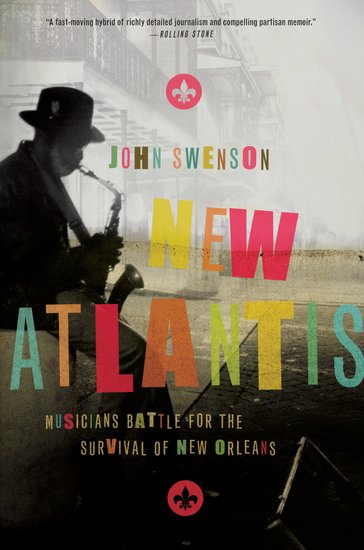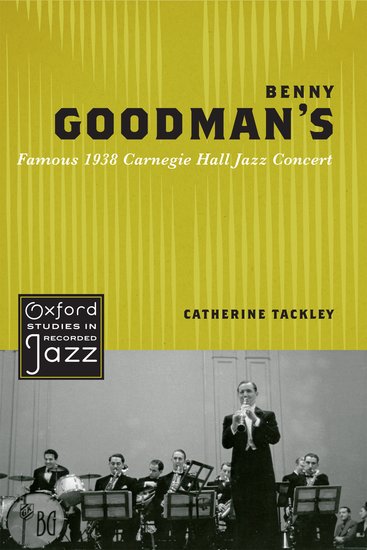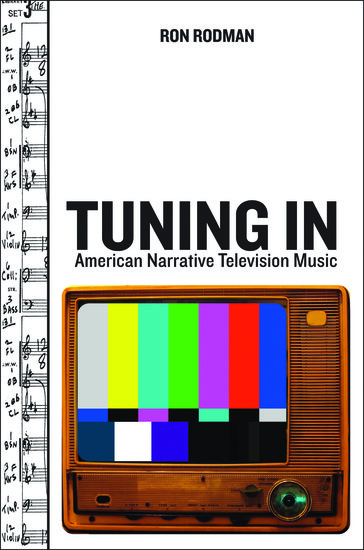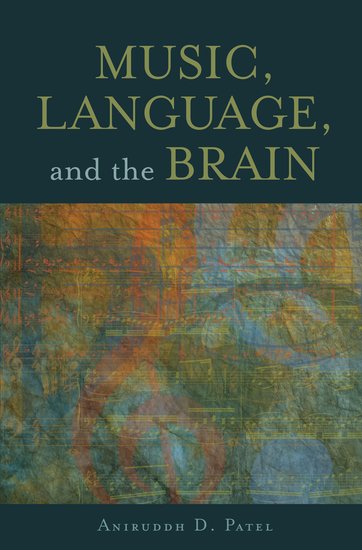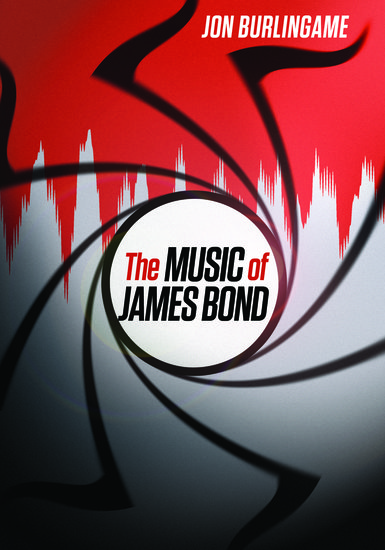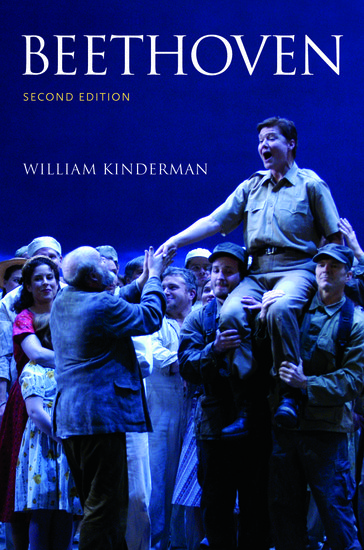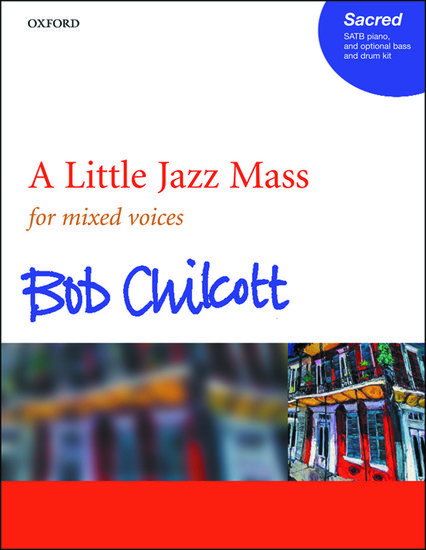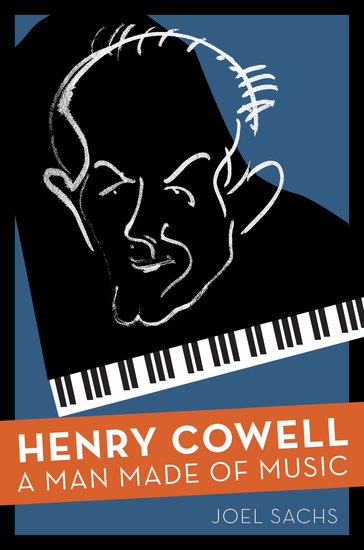Music events to see in New Orleans 1-4 November
By John Swenson
Greetings to all of you in New Orleans for the AMS/SEM/SMT conference. I’ve been writing about the music of New Orleans dating back to the mid-1970s and am still making discoveries to this day. The city is a seemingly bottomless well of creative musicians, with more arriving every day from around the world seeking the muse that inspires this magic, spiritual sound. Here are a few suggestions about where you might want to go over the next few days to hear this aural cornucopia in person. These recommendations are really just the tip of the iceberg, but they reflect what I am likely to be hearing myself.

